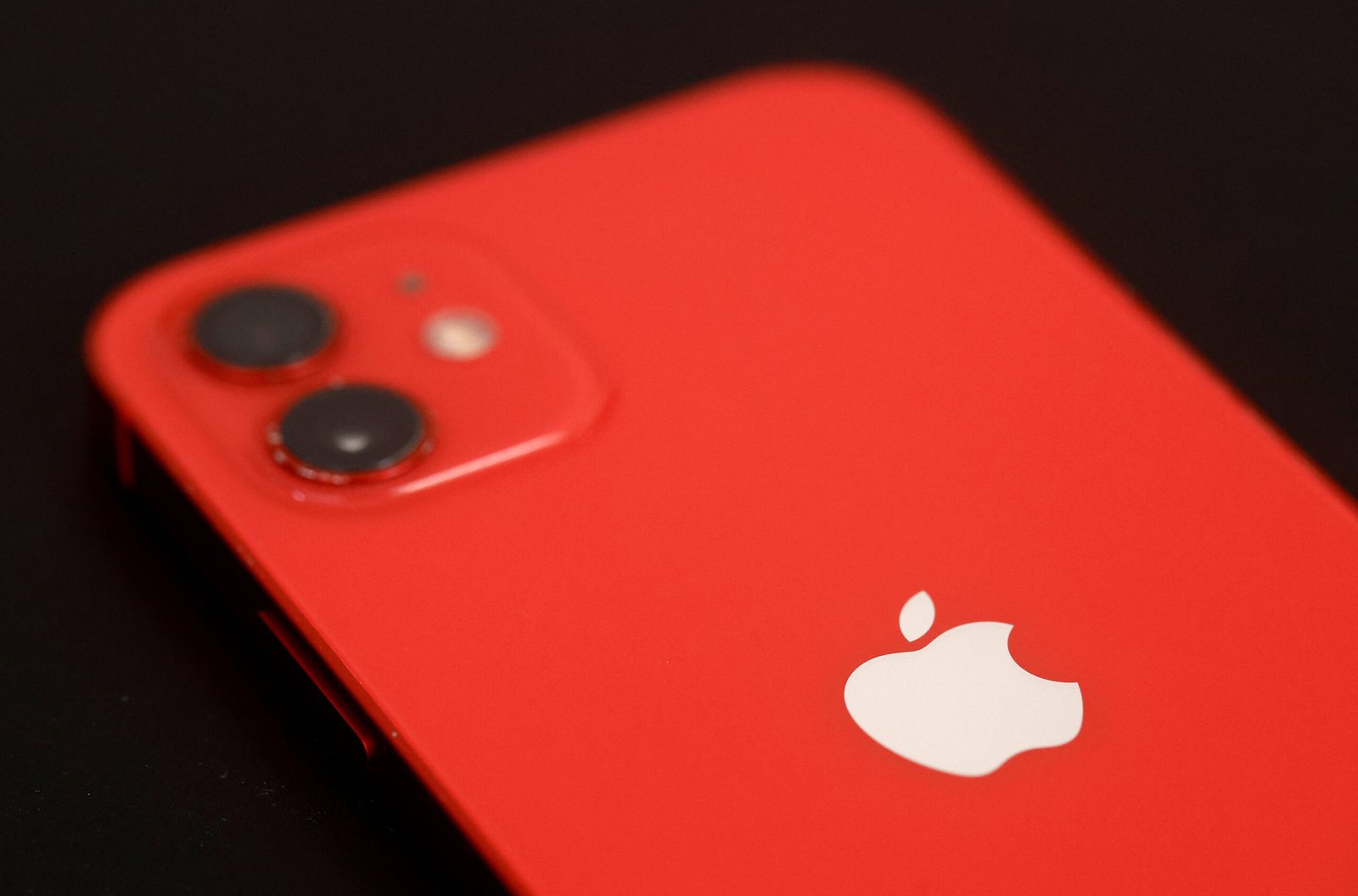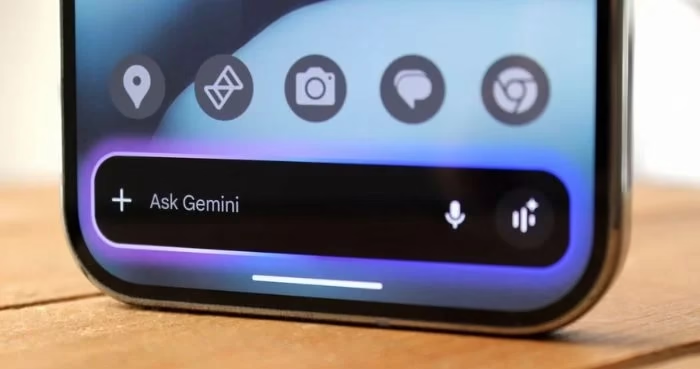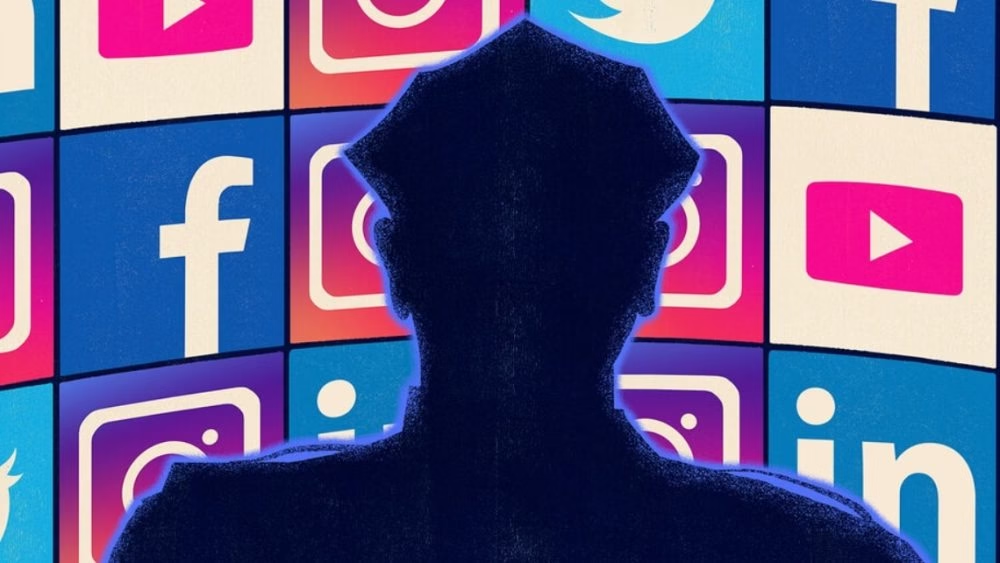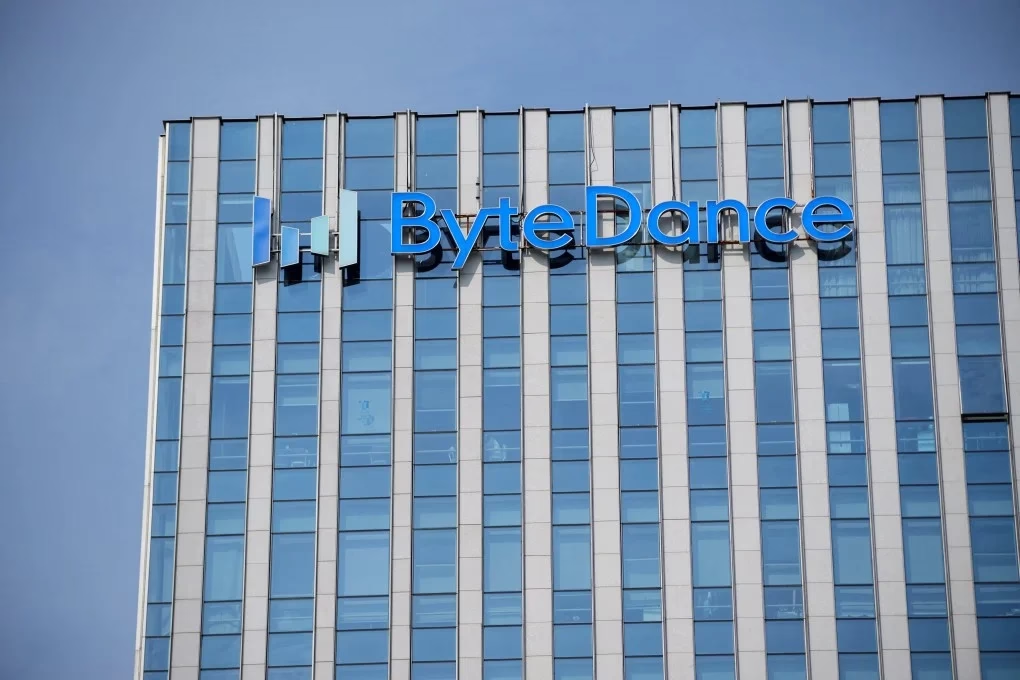Apple has announced that it will release a software update for iPhone 12 users in France to address the dispute with regulators over radiation exposure limits. The French government welcomed this move and stated that the update would be promptly tested, potentially allowing sales of the iPhone 12 to resume.
The controversy began when French regulators suspended the sale of the iPhone 12 due to alleged breaches of radiation exposure limits. Belgium also announced its intention to review potential health risks associated with the iPhone 12 following France’s suspension.
Apple clarified that it would issue the software update for users in France to comply with the protocol used by French regulators, emphasizing that the iPhone 12 was certified as compliant with global standards by multiple international bodies. Apple maintained that the issue was specific to the testing protocol employed by French regulators and not a safety concern.
The French Digital Affairs Minister, Jean Noel Barrot, welcomed the software update, which is expected to bring the iPhone 12 into compliance with European standards, potentially allowing France to lift the sales suspension.
While researchers have conducted numerous studies on mobile phone health risks over the years, the World Health Organization has not established any adverse health effects caused by mobile phones.
Industry experts noted that regulatory limits for mobile phone radiation, based on the risk of burns or heatstroke, are set well below levels where scientific evidence of harm has been found.
The iPhone 12 is an older model, and Apple recently launched the iPhone 15. The iPhone 12 is not available for purchase directly from Apple but can be obtained from third-party sellers with inventory or through trade-ins.
The French authorities had threatened a potential recall if Apple had not agreed to issue the software update, which could have had more significant consequences for the company.
Apple generated approximately $95 billion in revenue in Europe last year, making it the second-largest region for the company after the Americas. While Apple does not disclose sales by country or model, estimates suggest it sold over 50 million iPhones in Europe last year.



